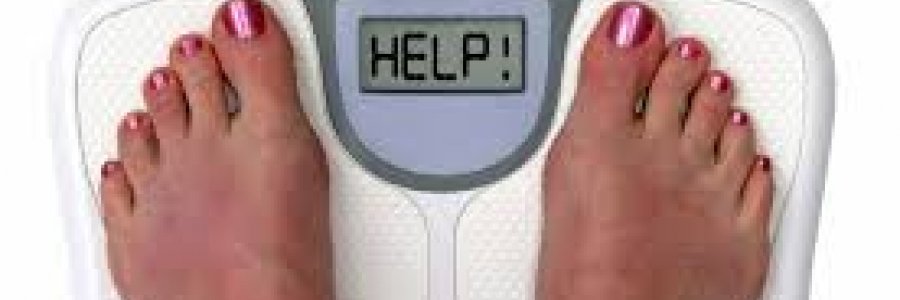The scale – that darn, dreaded scale. Some days it’s our best friend and some days it’s our worst enemy. The scale can be a good way to track progress, so don’t toss it out the window quite yet. However, it is NOT the be-all-end-all of tracking your weight progression.
But why?
There are several things that contribute to weight gain (which is different than fat gain). One of the biggest contributors to weight fluctuations is water retention. Have you ever stepped on the scale the morning after a big pasta dinner and dessert? You’re going to likely weigh far more than if you had a huge meal stuffing yourself full of chicken and veggies.
CARBOHYDRATES AND SALT
Carbohydrates convert into something called glycogen in the body, where it is stored as a source of energy in the liver and muscles. Glycogen naturally binds to water to process and store itself; in fact each gram of glycogen binds to about 3-4 grams of water. This is why when you go on a low carb diet, initially, you lose weight very quickly. Most of this weight is just water.
To put it into perspective, if you have 3 cups of pasta (129g of carbs), a piece of garlic bread (30g of carbs) and 2 cups of Ben & Jerry’s Half Baked ice cream (132g of carbs) that’s 291 grams of carbohydrates. That means you will hold approximately 1019 grams of water. That’s over 1kg JUST in water weight. On top of that, you have the weight of all that food you ate, and the water you’re retaining from everything else you ate and drank that day. That doesn’t account for all the sodium (aka salt) either, which is another contributor to water weight.
When there’s an excess of anything, it needs to be stored somewhere. When there’s an excess of sodium, it stores itself as extra fluid in cells, causing them to become inflamed. 1 gram of table salt can cause your body to retain up to 4 cups of water.
This does not mean we stop eating carbohydrates and salt. Carbohydrates are a necessary source of energy and sodium is essential to staying hydrated. Keeping both of these at a moderate and consistent intake will ensure your body processes them efficiently… in other words, don’t yo-yo or binge!!
HORMONES
The other main contributor to water weight gain is a combination of hormones, stress and sleep.
After you eat all that pasta and dessert, your blood sugar (also known as glucose) will skyrocket and then crash due to the over compensating release of insulin which is likely to give you a myriad of symptoms including a terrible nights sleep. The hormone that controls your stress levels and encourages water retention is called cortisol, and it is also responsible for counterbalancing insulin. At this point your cortisol is high, your glucose is spiking, you feel sick, there’s extra stress from the guilt of eating too much and this is all followed by a lack of sleep.
Sleep deprivation causes cortisol and insulin to spike in order to protect the body and support natural immune and metabolic processes. In other words, your body is worried that because you didn’t get enough sleep, your natural everyday functionality may be compromised and not performing optimally. Artificially high levels of these hormones cause the body to retain water as protective mechanism.
Another example of hormones being out of balance and retaining water is the menstrual cycle. Women naturally hold more water “that time of the month” as their hormones are peaking and attempting to stabilize themselves.
So now that you know how much water retention can cause the scale to fluctuate!
WHAT OTHER WAYS CAN YOU TRACK YOUR PROGRESS?
Take photos! Photos are a great indicator of progression. When you are trying to lose weight and you are critically analyzing yourself day in and day out, you don’t see the little changes. Taking photos every 4 weeks can show major changes that you can’t see.
Measurements. Focus on centimeters lost and body re-composition instead of weight loss. Fat takes up a lot more room than muscle, and weighs less too!
Body fat percentage. There are many methods to check your body fat percentage – DEXA scans and skin fold calipers are reported as being the most accurate.
How you feel. Are your clothes getting looser? Sleeping better? Feeling more confident and healthy? Killing it at the gym? Smiling all the time? At the end of the day, these are the things that matter the most!
If you are going to use the scale, try to limit it to once a week at the same time on the same day to get a more accurate idea of your true weight. And of course, avoid eating a tub of Ben and Jerry’s the night before!!!

